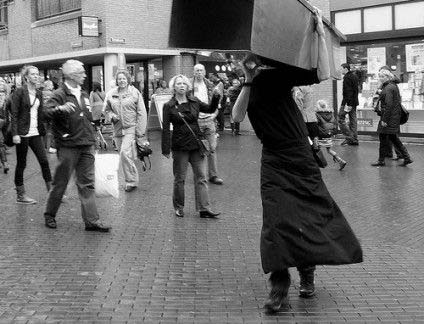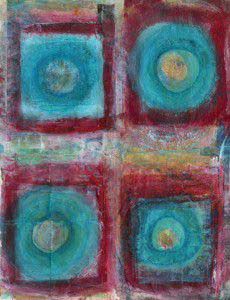
Dealing with Shame During Midlife Transition
Dealing with shame is one of the most demanding aspects of psychological work, and, in midlife transition, we can often face this struggle most acutely. Often in midlife transition, when people begin to seriously look back at their lives and review them, the experience of…









